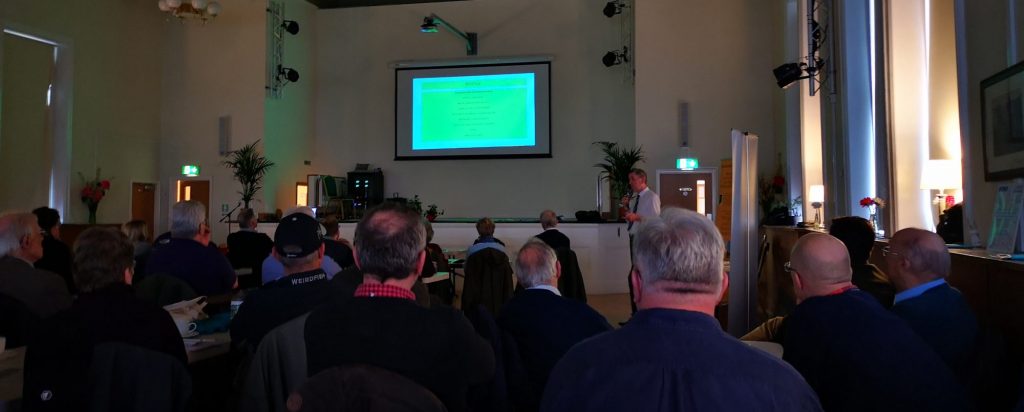
“We had a good deal of shelling all day. The Border Regt in reserve. An attack began shortly after 10pm by 16,000 Turks and lasted until after daylight. They came on time after time, and were shot down. The ground was covered with dead in the morning.”
Those were the words written by Brigadier-General Cuthbert H. T. Lucas on 1 May, 1915. He and thousands of others were remembered at the Gallipoli Northern Regional Conference held in commemoration of one of the deadliest battles of the First World War.
[pdf-embedder url=”/wp-content/uploads/2020/05/my-visual_46712416-1-1.pdf” title=”my-visual_46712416 (1)”]
Organised by the Gallipoli Association, this year’s event at Eccles Town Hall included talks from authors, veterans, musicians and historians.
Focus was also given to Northern battalions, with a talk in particular by Michael Crane focussing on the Manchesters, the East Lancs and the Lancashire Fusiliers.
The final speaker of the day, musician, author and veteran Graham Walker, talked about Salford hero, Billy Unsworth. His band, the Ratcatchers, wrote the Ballad of Billy Unsworth, which documents his life, and his experience in Gallipoli.
The Gallipoli Association runs events throughout the year, such as battlefield tours, and aims to educate and keep the memory of Gallipoli alive.
Education coordinator for the Gallipoli Association Ian Binnie said” “I think it’s important to educate for a number of reasons. To understand how young men and women have given their all for their country, in this country.
“The Gallipoli Association is so important for the wider picture, for helping people remember and emphasise with those who made such a great sacrifice, and understanding what people really went through.
“I’ve organised a number of projects, with young people and adults, across the country, and I can say those who I have talked to have really been able to connect with the soldiers.
[wzslider autoplay=”true”]
“The Gallipoli campaign was a loss, but there’s a lot of inspiration to be drawn from our soldiers. The conditions they were made to fight in were terrible, with dysentery and illness very common.
“There was a really good relationship between the soldiers when the fighting stopped, and Gallipoli also highlights an empathy in war.”
More information about the Gallipoli Association can be found here. To learn more about Gallipoli and the soldiers who fought, more information can be found here.















Recent Comments